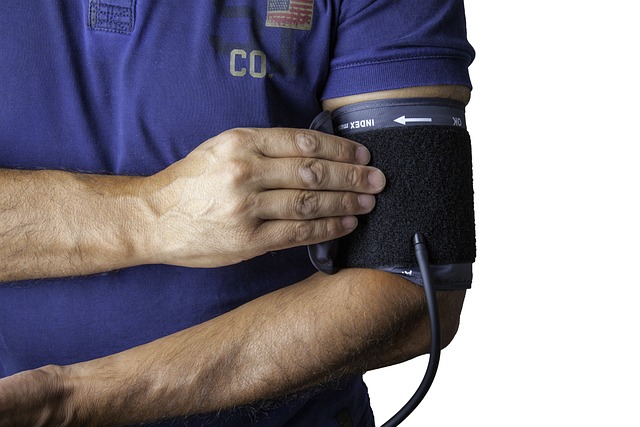Dementia What to Expect and How It Works
A dementia test is a set of evaluations used to determine whether a person is experiencing decline in thinking, memory, or behavior that affects daily life. Testing can identify patterns consistent with dementia and help distinguish reversible causes from progressive conditions. Early testing gives clearer baselines for monitoring and helps guide conversations about care, planning, and possible treatments.

This article is for informational purposes only and should not be considered medical advice. Please consult a qualified healthcare professional for personalized guidance and treatment.
What is a dementia test?
A dementia test typically refers to a combination of clinical interview, cognitive screening, and sometimes laboratory or imaging studies. The goal is to assess changes in memory, attention, language, problem solving, and daily functioning. Tests look for patterns consistent with different causes of cognitive decline rather than offering a single definitive “dementia” result. Findings are interpreted alongside medical history, medications, mood, and physical exam.
Results from a dementia assessment often categorize cognitive status—normal, mild cognitive impairment, or dementia—and suggest likely underlying causes to investigate further. The process aims to rule out reversible contributors such as vitamin deficiencies, thyroid problems, medication effects, or depression.
How does a memory assessment work?
Memory assessment usually begins with standardized screening tools like the Mini-Mental State Examination (MMSE) or the Montreal Cognitive Assessment (MoCA). These brief tests evaluate short-term recall, attention, language, and orientation. They are quick to administer in a clinic and provide a score that helps clinicians decide if more detailed testing is needed.
If screening suggests impairment, a neuropsychologist may perform comprehensive testing that measures different types of memory (episodic, semantic, working) and other cognitive domains. Detailed testing can clarify the pattern of strengths and weaknesses and track changes over time, which is useful for diagnosis and for planning interventions that support daily life.
How is cognition evaluated?
Cognition is evaluated across several domains: memory, executive function (planning and organization), attention, language, visuospatial skills, and processing speed. Tests combine objective performance tasks with reports from the patient and a caregiver about everyday functioning. Clinical judgment considers how test scores translate into real-world ability to manage finances, medication, driving, or household tasks.
Evaluation also includes screening for mood disorders like depression and anxiety, which can mimic or worsen cognitive symptoms. A complete assessment integrates cognitive testing with laboratory tests and review of medications that may impair cognition, to form a comprehensive view of brain health.
What brain imaging and tests are used?
Brain imaging commonly used in dementia evaluation includes MRI or CT scans to identify strokes, tumors, structural changes, or patterns of brain atrophy associated with specific conditions. MRI gives more detail about brain structures; CT can be quicker and more accessible in some settings. In certain cases, PET scans or specialized amyloid or tau imaging may be considered, typically in research or specialist centers.
Laboratory tests often accompany imaging: blood tests check for metabolic, infectious, or endocrine issues that affect the brain. In some situations, cerebrospinal fluid (CSF) analysis may help differentiate causes. Imaging and lab work do not confirm all dementia types on their own but add important evidence when combined with cognitive testing.
How to talk with a doctor about dementia
Bring a clear history of symptoms, noting when changes began, progression, and examples of daily difficulties. Include a list of medications, recent illnesses, and mood changes. Family members or caregivers can provide observations that the person being tested may not notice. Ask whether standardized memory or cognition tests will be used and what follow-up steps are likely based on results.
If you want local services, ask the doctor about available neurology or memory clinics, neuropsychology services, and community resources in your area. Discuss next steps: whether additional testing or referrals are needed, how results will guide care, and how to monitor changes over time. It’s reasonable to request written summaries of findings and plans for follow-up testing to track cognition and memory.
Conclusion
A dementia test is a multi-step process combining clinical interview, cognitive screening, targeted neuropsychological testing, and sometimes imaging and lab work. The emphasis is on identifying patterns of cognitive change, ruling out reversible causes, and providing a basis for care planning. Working closely with a doctor and, when appropriate, specialists can clarify diagnosis and help coordinate support for daily living and safety as cognition and memory change over time.






